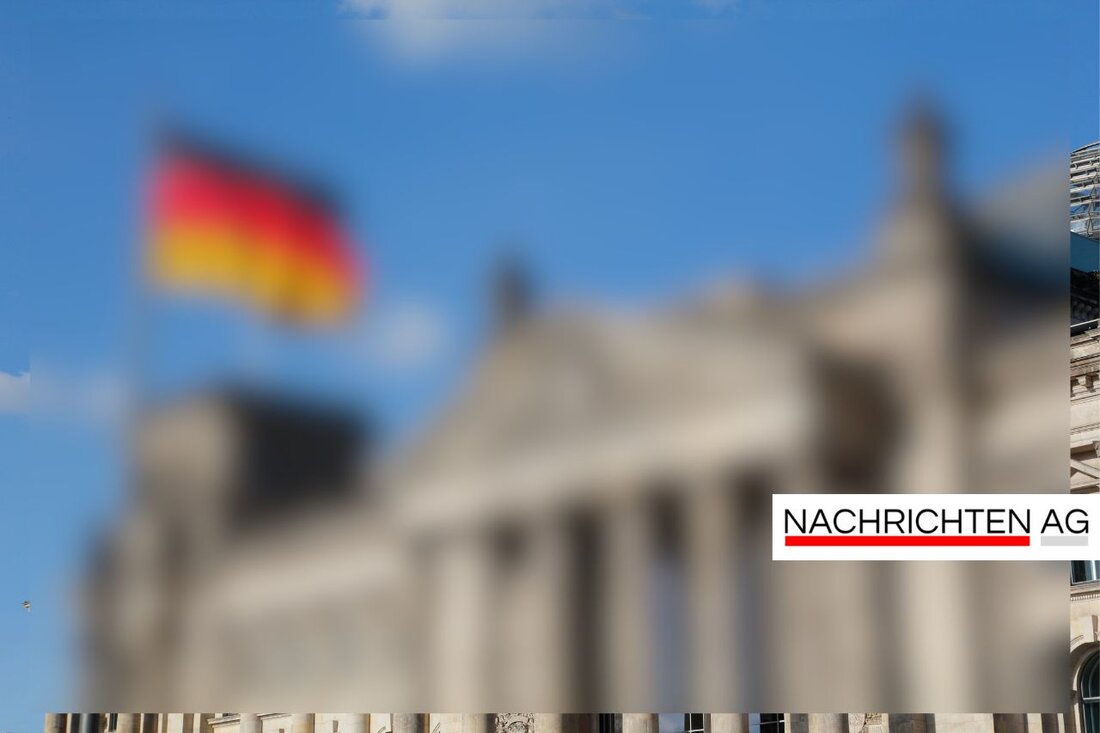Low water in Aken: Port operations come to a standstill – consequences for the region!
Low water on the Elbe is affecting the port of Aken in Anhalt-Bitterfeld. The focus is on the economic consequences and effects of climate change.

Low water in Aken: Port operations come to a standstill – consequences for the region!
The low water level of the Elbe is currently causing considerable difficulties in the port operations of Aken in the Anhalt-Bitterfeld district. The port has been at a standstill for six weeks because the water levels no longer ensure the necessary depth for heavy freight ships. Loud Inland shipping online no heavy cargo ships can dock or take off, and the first customers have already canceled orders. The water level is currently at 55 cm, with a new low water record of 45 cm being measured in July, which further aggravates the situation.
The recent rain showers last weekend provided some temporary relief, but the level remains around half a meter less than the required depth of 110 cm for small cargo vessels, which means that the last inland waterway vessel left the port on June 25th. Port boss Peter Ziegler reports that transport costs have now doubled or tripled. Heavy-lift parts that are urgently needed now have to be transported by special transport by road to the Mittelland Canal.
Economic impact
The effects of low water are not only felt by the port itself. The port of Aken employs a total of ten people, while a further 80 jobs indirectly depend on its operations. The local economy is facing major challenges. Loud Deutschlandfunk Inland shipping in Germany has lost market share in the last 20 years, from 13% to 8%. The reasons for this are slow ships, less flexibility and an increasing demand for fast deliveries.
The need to invest additional money in infrastructure is also particularly alarming. Despite previous investments of 430 million euros between 2013 and 2022, the renovation of the port did not bring any lasting improvement for shipping. The Saxon state chairman of the BUND, Felix Ekardt, described the situation as critical and pointed out that the Elbe is no longer viable as a waterway. This is particularly exacerbated by global warming and the associated more frequent low water periods.
Nature conservation and future perspectives
However, the different interests must be weighed up. While conservationists are calling for the Elbe to be preserved as a natural river and criticizing the planned expansion, the federal government is also planning further expansion to guarantee a channel depth of 1.40 m on at least 345 days a year. The Federal Environment Agency emphasizes that ship transport is more climate-friendly than truck transport, which is further fueling the discussion about preserving the Elbe as an important waterway.
In this tense situation it is more necessary than ever to find solutions. Shipping companies have to learn to adapt to the new circumstances and are increasingly shifting their transport to canal connections. The federal government is currently working on an agreement with the Czech Republic to secure the Elbe as an international waterway.

 Suche
Suche
 Mein Konto
Mein Konto